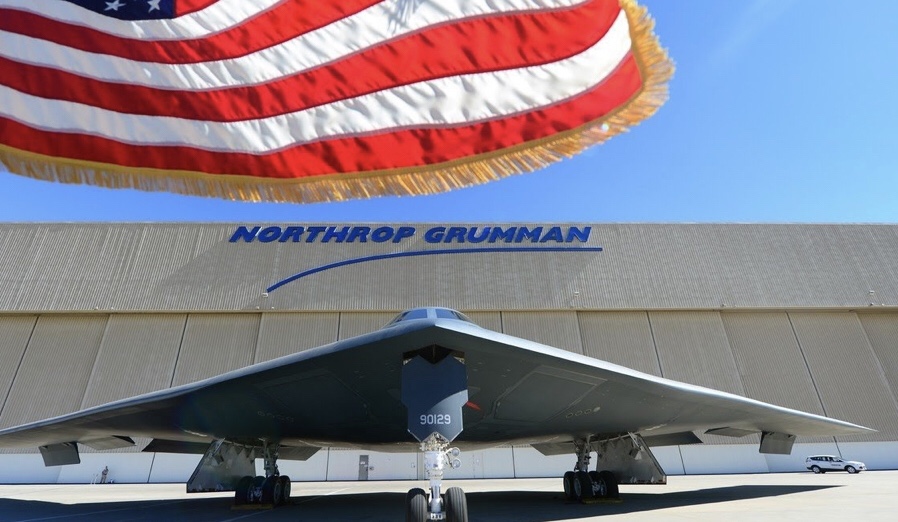US rejected key talks on extending soon-to-expire treaty that limits strategic nuclear arms – Russia
27 Feb, 2020 10:07
RT
FILE PHOTO A nuclear-capable B-2 Stealth Bomber at the Palmdale Aircraft Integration Center of Excellence in Palmdale, California. July 2014. © AFP / Frederic J. Brown
The US has declined an invitation to hold a formal meeting to discuss the legal details of extending the Strategic Arms Reduction Treaty (START), which is due to expire in a year, a senior Russian diplomat has said.
Washington has decided to ditch important talks on the bilateral treaty’s fate, the Deputy Director of the Foreign Ministry’s Non-Proliferation and Arms Control Department, Vladimir Leontyev, told a strategic arms-themed event in the Russian parliament on Thursday.
We offered a meeting between our legal experts to make sure that we’re on the same page and to negotiate a common understanding of the technical side of the extension [of the treaty], but a few days ago the Americans officially declined that offer.
The START pact limits the number of nuclear warheads and the means of their delivery. The current iteration of the agreement – called New START – was signed by then-US President Barack Obama and his Russian counterpart Dmitry Medvedev in 2010. It is set to expire in February next year.
Also on rt.com US openly paves way for INF-banned missiles to be placed in Europe & Asia – Lavrov
Moscow has argued that the treaty should be extended without preconditions. The US, meanwhile, hinted that it wants China to join the agreement, an idea Beijing has rejected.
Moscow has argued that the treaty should be extended without preconditions. The US, meanwhile, hinted that it wants China to join the agreement, an idea Beijing has rejected.
On Tuesday, Russian Foreign Minister Sergey Lavrov criticized the US for its reluctance to extend the treaty, saying that “the lack of clarity with regards to the fate of START is concerning.”
Last year, the US left the landmark Intermediate-Range Nuclear Forces Treaty (INF Treaty) with Russia, after accusing Moscow of having secretly violated it. Russia, which denied these allegations, abandoned the agreement after the US did.
No comments:
Post a Comment